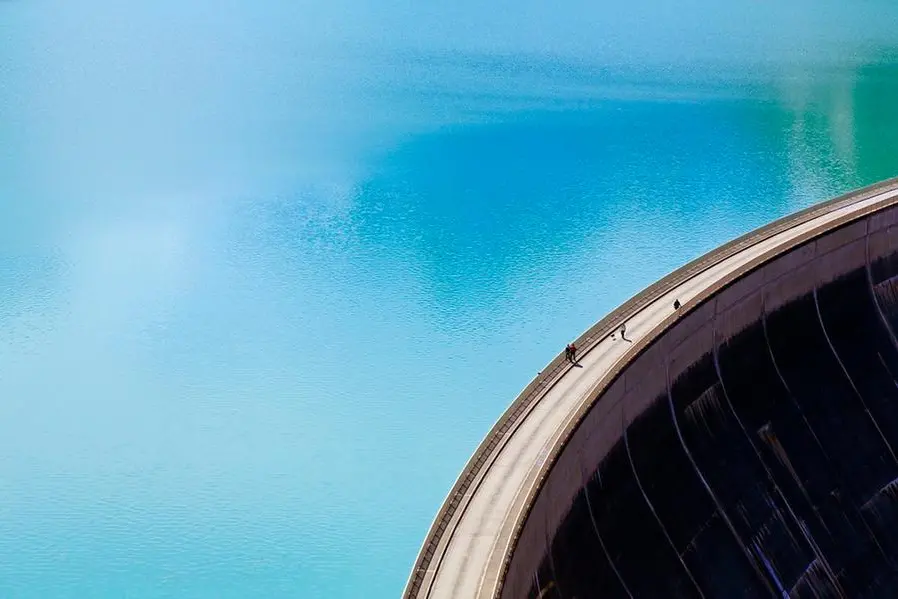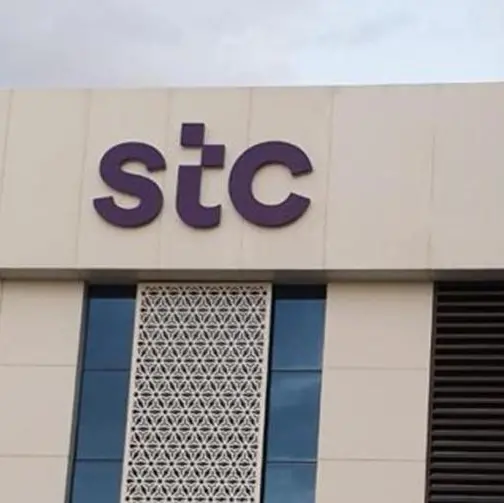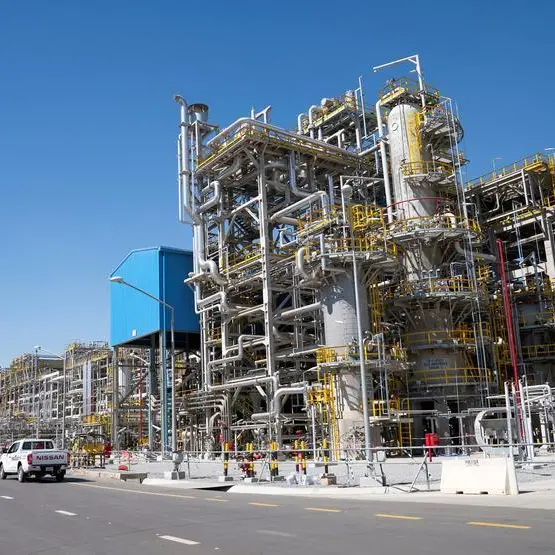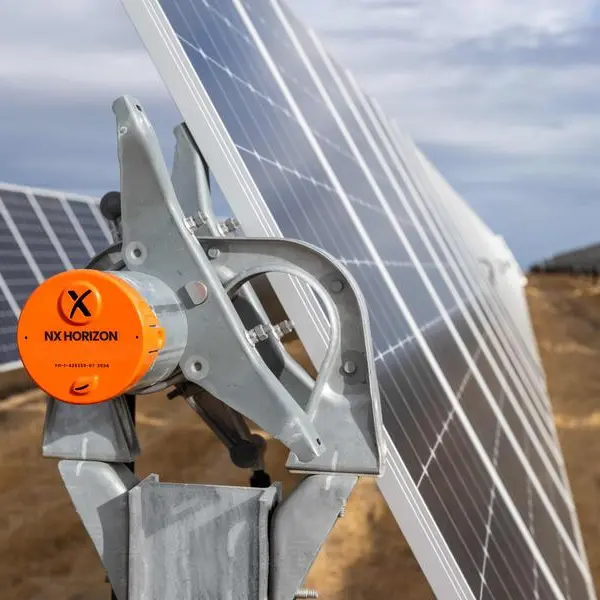PHOTO
Kareem Madwar, the CEO of Metito Africa, is closely tracking the Egyptian government's ambitious desalination programme as the company notches up another significant success in the Middle East with the world's biggest floating desalination project in Saudi Arabia.
Metito Africa is part of Metito, the Dubai-based global water, and wastewater treatment solutions.
Last month, Metito Saudi had completed and delivered the first of the three 50,000 cubic metres/day (m3/day) desalination barges that make up the world's largest floating desalination project to Saudi National Shipping Company (Bahri).
The total capacity of the project, on completion, would be 150,000 m3/day.
Madwar said the first barge, now moored at the port of Al-Shuqaiq on the Saudi west coast, was built and delivered in record time. He noted that Metito developed the entire project, including the design, engineering, construction, operation trials, and the provision of floating barges that carry the desalination plants and power generation system.
Madwar said the company would complete and deliver the remaining two desalination barges in the first quarter.
"Each plant costs $100 million, adding up to a total project cost of $300 million," he said.
Floating potential
The Metito Africa CEO said he sees tremendous potential for floating desalination plants in Egypt, which has identified desalination and recycling as one of the pillars of its National Water Resources Strategy.
"Floating desalination stations are among the most innovative and efficient desalination facilities," he said.
Madwar pointed out that the Egyptian government has allocated 12 billion Egyptian pounds ($764 million) to implement 90 desalination projects.
"Egypt is planning to set up Public-Private Partnership (PPP) desalination projects in El Hammam, Ras El Hekma, North Coast, El Quseir, Safaga, and Marsa Alam," he said.
Desalination projects that have already been announced, completed or under construction include East Matrouh (65,000 m3/day); El-Dabaa (40,000 m3/day); El-Alamein (150,000 m3/day); Mansoura (40,000 m3/day); East Port Said (150,000 m3/day); Al Arish (100,000 m3/day); Ras Sedr 30,000 (m3/day); Al Tour (30,000 m3/day); Sharm Al-Sheikh (30,000 m3/day); Ain Al Sokhna (136,000 m3/day); El Galala (150,000 m3/day), and Al Yousr (80,000 m3/day).
Madwar said: "The government is planning new desalination and agricultural drainage recycling projects as part of the National Water Resources Strategy and is also looking at using alternative and renewable energy in these projects to reduce the environmental footprint and cost of energy consumed. "
He said the main objectives include ensuring the sustainability of natural resources, providing clean water and sanitation services in all areas, and enhancing water security by reducing dependence on the Nile River.
He also noted that the Egyptian government is keen to involve private sector companies with international and local exposure, like Metito, to benefit from their technology and project execution expertise.
Higher share
Madwar said Egypt currently accounts for 20 percent of Metito's business in Africa. The company aims to grow that share by tapping into the opportunities for water treatment and desalination in the context of the expansion of urban communities, especially new cities by the sea.
"Here, it is better to set up desalination plants instead of building pipelines from the Nile and its branches," said Madwar.
Among the major projects being implemented by the Egyptian government include world's largest agricultural wastewater treatment plant in El-Hammam.
"Metito has been awarded the design, supply, construction, operation, and maintenance contract for the 6 million m3/ day plant. The project is a joint venture with Hassan Allam, Arab Contractors and Orascom Construction," said Madwar.
Commenting on the availability of financing for Egypt's ambitious water resources strategy, he said Japan International Cooperation Agency (JICA), European Bank for Reconstruction and Development (EBRD), and other international development finance institutions have been at the forefront of financing water projects in Egypt, and the rest of Africa.
"It's now easier to get funds from these institutions per the laws of the countries the projects are based in," he said.
He also noted that Metito is now looking to grow in Central Asia, securing its first PPP wastewater treatment project in Uzbekistan in December 2021. The $100 million project, awarded on a design, build, finance, operation, and maintenance basis, involves the construction of a 100,000 m3/day wastewater treatment plant and a new 7.5km effluent discharge pipeline in the Namangan District.
(Reporting by Marwa Abo Almajd; Editing by Anoop Menon)
Disclaimer: This article is provided for informational purposes only. The content does not provide tax, legal or investment advice or opinion regarding the suitability, value or profitability of any particular security, portfolio or investment strategy. Read our full disclaimer policy here.
© ZAWYA 2022





















